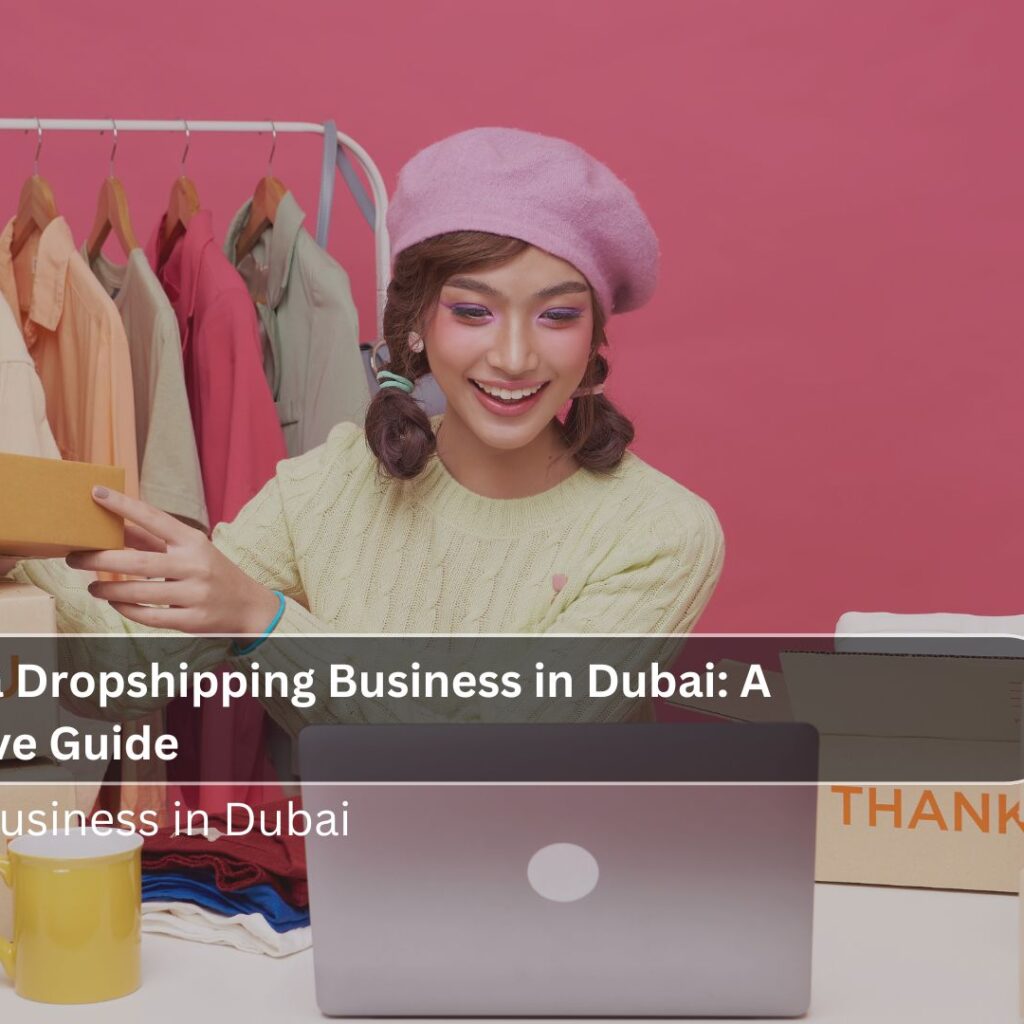How to Start a Dropshipping Business in Dubai

How to Start a Dropshipping Business in Dubai: A Comprehensive Guide What is Dropshipping? Dropshipping is a business model that allows entrepreneurs to operate an online store without keeping physical stock of the products they sell. In this model, the retailer does not manage or own inventory but instead transfers customer orders and shipment details […]
